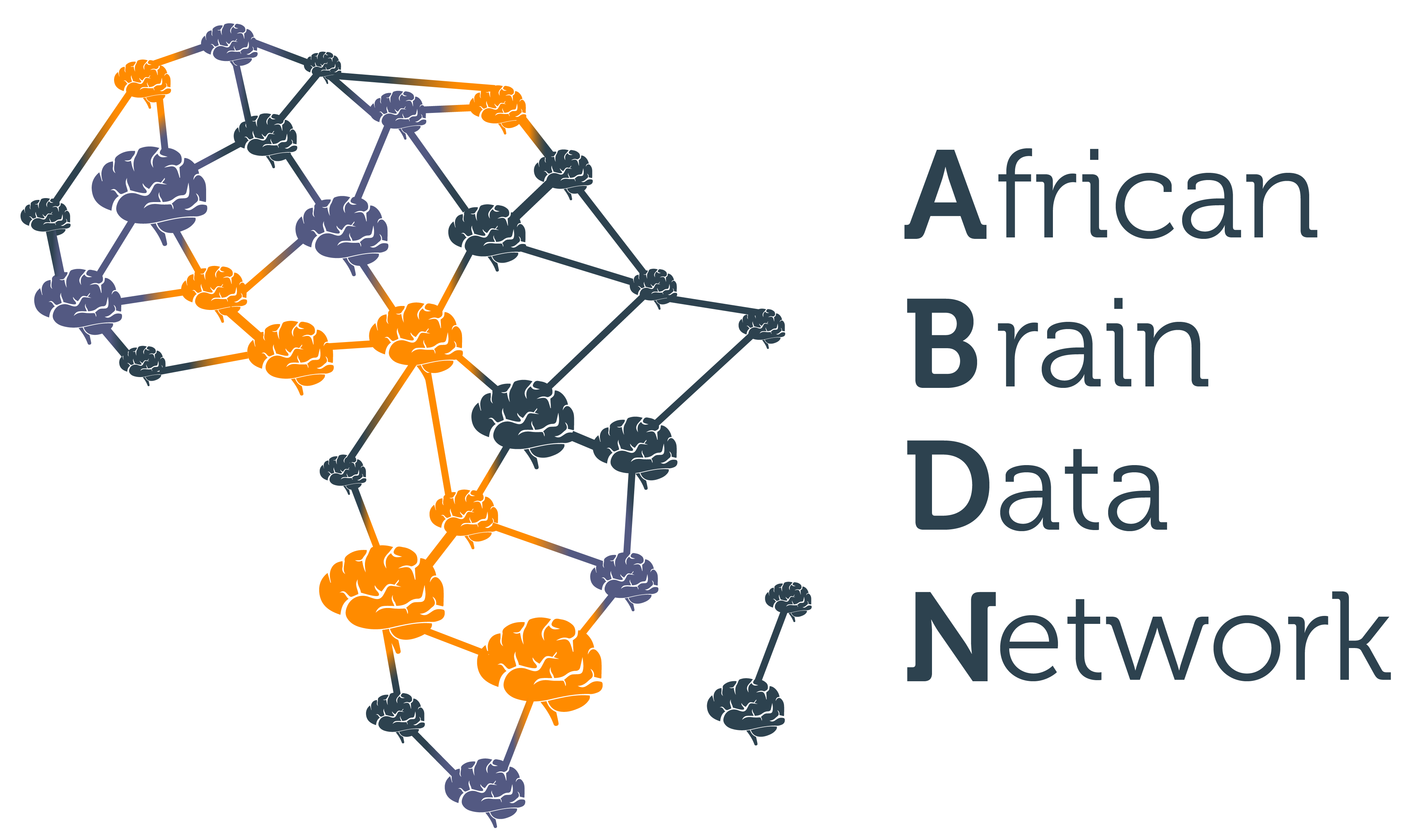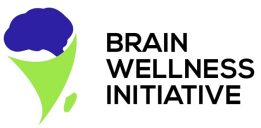About US
Our Story

The availability of Findable, Accessible Interoperable, and Reusable (FAIR) biomedical data is a critical factor that drives neuroscience research and innovation. Diversity or heterogeneity of datasets enables equitable and inclusive access to clinical and medical solutions and innovations. Lack of diversity of datasets (or when data does not represent some sections of society) can impact the accuracy and potency of outcomes. FAIR representation in the datasets helps in the reduction of unfair bias and discrimination. Unfortunately, a recent analysis of the major brain data repositories reveals that there is paucity of datasets that represent populations in Africa’s low- and middle-income countries. This lack of representation could lead to the non-generalizability of decades of global research and development in Africa. Despite comprising 12.5 percent of the world’s population, Africa still accounts for less than 1 percent of global research output. Many clinical therapies and biotech tools/services in Africa are informed by research data extrapolated from the Global North.
In 2021, Dr. Damian Eke (DMU) and Dr. Eberechi Wogu (NSN) started the process of collecting neuroimaging datasets from diagnostic centers with appropriate approvals from the University of Port Harcourt, Nigeria. This process showed a number of factors that contribute to the lack of datasets from Africa being part of global brain research. These include; lack of technical expertise, lack of infrastructure (including scanners for research) in addition to socio-cultural and legal challenges. The initial data collected have been made available through Brainlife.io and the data descriptor has been submitted to Nature.
Further interactions with the Society for Neuroscientist Africa (SONA) and the Neuroscience Society of Nigeria (NSN) showed that there is a lack of capacity for FAIR in the African neuroscience research and education ecosystem. The collection, processing, and analysis of brain data with appropriate technologies have not become an integral part of both academic and research activities in Africa. Whereas there is a strong appetite to integrate data science into the Neuroscience curriculum and research, few opportunities have been presented to both staff and students. In addition to this, there is almost a total lack of infrastructure for FAIR.
To initiate the process of addressing these challenges, African Brain Data Network (ABDN) was founded.
Identified Challenges
- Lack of capacity (skills, expertise) for data generation, processing and sharing
- Lack of equipment (e.g scanners, computers) for data generation and processing
- Lack of local platforms/databases/infrastructure for data sharing
- Data Localisation policies that prevent many Africans from sharing their data with non-African countries.
About ABDN
The African Brain Data Network (ABDN) is a network of stakeholders from academia, industry, policy, and funding working together to facilitate the responsible generation, processing, sharing, and use of African brain data for research and innovation.
The Network seeks to make African brain data FAIR and ensure that a sufficient number of experts are trained on the use of novel technical tools to collect, process and apply these datasets. From neuroimages, electrophysiological and anatomical data to behavioral data, this network hopes to make different data modalities, and disease types from multiple animal and non-animal organisms available and lead the African neuroscience ecosystem into the era of big data analysis.
Our Mission
Advancing sustainable brain research, education and innovation in Africa through the responsible collection, processing, sharing and use of big brain data.
Objectives
- Facilitation of FAIR brain data in Africa
-
Advancement of the use of data science in neuroscience education, research and innovation via:
- Training
- Workshops
- Curriculum Improvement
- Knowledge Transfer
- Equitable distribution of brain data benefits to all stakeholders in Africa
- Addressing ethical, legal and socio-cultural concerns in African brain data acquisition and use.




